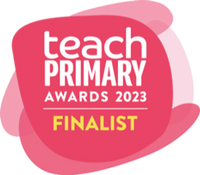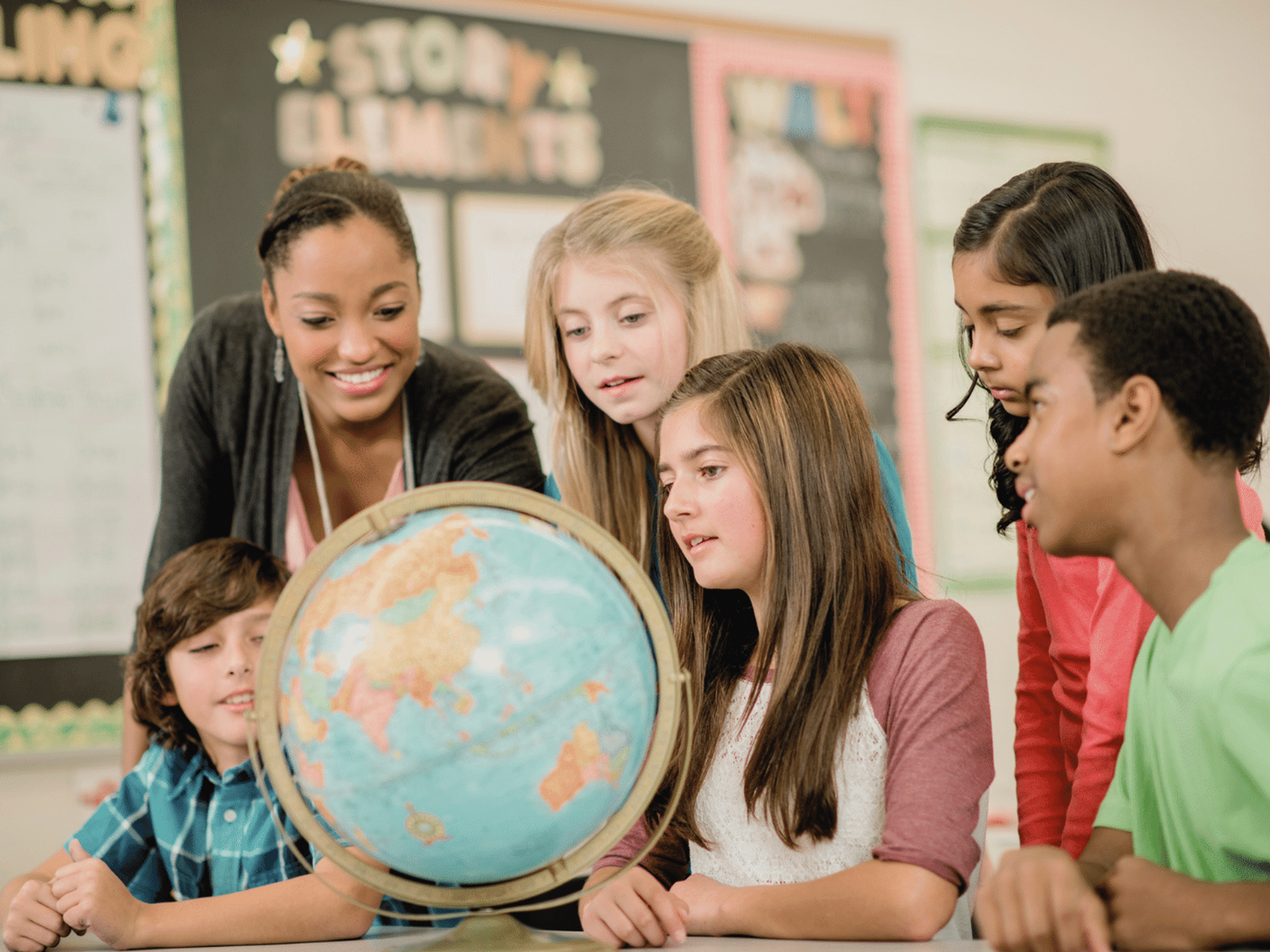Why cultural literacy is important and how to teach it
Knowledge is as important as skills
The focus of the UK National Curriculum has shifted in recent years to equipping students with knowledge as much as skills. The Ofsted Education Framework of 2019 stresses that schools should offer an ambitious curriculum that gives students “the knowledge and cultural capital they need to succeed in life”.
The concept of a knowledge-based curriculum can call to mind visions of rote learning and note-taking on miniature blackboards – in other words, a return to a Victorian model of education that is focused on retaining facts rather than independent thinking. On closer inspection, however, it is clear that a focus on knowledge and cultural capital alongside skills can have huge benefits for learning and for engagement.
In English, specifically, this is about more than those socio-historical context lessons that many of us deliver as part of pre-reading a text. Amanda Spielman calls cultural capital “a golden thread, woven through everything you do to teach children well”. There is space for the cross-curricular: timelines such as this one at the Tate Modern give students a picture of movements across the arts and literature. From here, they can learn to understand texts as part of a cultural moment in time.
Knowing that Charles Dickens, for example, started work in a factory at the age of twelve can help us to understand his perspective on poverty in the Victorian era. Understanding how his work was originally received, where it exists in the canon and why it is still relevant now, however, is the type of knowledge that can lead to an even more perceptive analysis – and it is this type of knowledge that is difficult to transmit, but important to convey.
How to teach knowledge
If this sounds idealistic, that’s because it is. In many ways, the concept of a knowledge-rich curriculum assumes that every English teacher will have an English degree and, for the most able students, a working knowledge of critical theory. We know this isn’t the reality. Even English teachers with English degrees may not have read everything in the canon; in plenty of English courses it is more than possible to avoid Shakespeare if he is not your cup of tea. So, how can all teachers arm themselves to deliver this “ambitious curriculum”?
Ofsted emphasises that the onus is on school leaders to ensure that teachers are offered training and, during lockdown, many teachers attended online webinars to supplement their own learning. Such willingness to learn is key. We are human beings, after all, and no-one expects us to be oracles of literature. But we should be expected to ask questions and expand our knowledge, even into the realms of critical theory, and consider the best way to share it with our students.
All of this leads to another important question: who decides which knowledge matters, and where does representation fit into all of this? Timelines like this one are a wonderful way of tracking the development of literature but also force us to consider why we might appear to give more value to the dead, white men who make up most of the canon. Victoria Elliott’s recent book, Knowledge in English: Canon, Curriculum and Cultural Literacy, asks this question, and also stresses that giving students a greater base of knowledge gives them the chance to use literature to make sense of their lives, rather than the other way around.
Knowledge as power
When it comes to applying this in the classroom, Henry Sauntson advises us to approach this from a place of equity, rather than equality, and acknowledge that every student has a different starting point when it comes to cultural capital. With this in mind, knowledge really is power. And better-quality thinking about a text will lead to a more developed personal interpretation – as well as the appreciation that texts that were written four hundred years ago and texts that were written yesterday can make the same comment about the human experience. And, of course, that is the reason we teach literature in the first place.
Find out how Bedrock Learning's bespoke, diverse fiction and non-fiction texts can boost your learners' cultural literacy.


